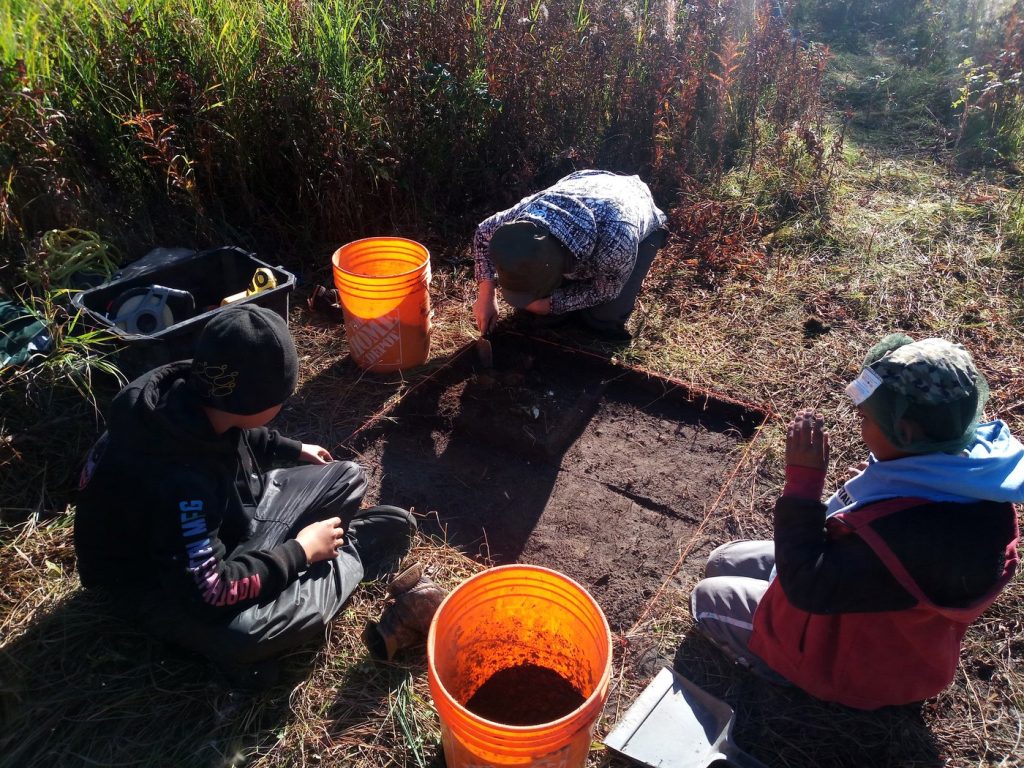‘Tragically failing’: Advocates call for improvements after 2023 Alberta drug deaths set record

Posted May 22, 2024 9:58 am.
Advocates are calling for change and a different approach days after the province released last year’s record-breaking overdose numbers.
The Government of Alberta’s substance use surveillance data recorded 2,051 deaths in 2023.
Petra Schulz, co-founder of Moms Stop the Harm, lost her son to an accidental fentanyl overdose in 2014.
While the data is startling, she says she wasn’t surprised.
“It’s been heartbreaking to watch this train wreck happen all year long without any government action to stem the tide,” Schulz said. “[I’m] not surprised but dismayed, upset.”
Euan Thomson, a harm reduction advocate who is part of the leadership team with EACH+EVERY: Businesses for Harm Reduction, a voluntary collective for harm reduction, says it’s clear the current approach is not working.
“We need to provide options for people who use drugs that are outside of the abstinence framework — it’s not working,” he said. “It is, in fact, incredibly dangerous to offer that as the only option for people who use drugs against the backdrop of a contaminated fentanyl supply where there’s really no heroin left out there anymore.”
Fentanyl appeared overwhelmingly in most of Alberta’s 2023 drug poisoning deaths, with more than 93 per cent of cases.
Thomson believes the province choosing to regulate drugs would make a difference and even though the reported numbers are on a downward trend through the first few months of this year, that doesn’t mean anything.
“People are at higher risk than ever of dying if they use the unregulated supply,” Thomson said. “That doesn’t stop people from using and we just need to accept that as fact at this point. People are going to continue to use opioids and we need to figure out how we can make that safer.”
Schulz says greater investments into harm reduction are needed.
READ MORE: Alberta 2023 drug deaths sets record, over 2,000 killed
“No government deserves credit for declining numbers at this point,” Schulz said.
She adds there are steps that can be taken to save lives, and the province is not doing them.
“You have to invest in harm reduction, you have to invest in prevention to truly address this crisis– and especially the investment in harm reduction, is where this government is tragically failing,” she said.
In a statement to CityNews, the Ministry of Mental Health and Addiction says it’s cautiously optimistic about the current down-trend in overdose deaths through the first few months of 2024, and that with the continued focus in building the Alberta Recovery Model, more people will have access to life-saving services to help them overcome addiction.
“February of this year shows a 33 per cent decrease in fatalities compared to February of last year and is the lowest number of all substance fatalities in nearly four years,” the statement reads.
Thomas believes these numbers are in poor faith.
“Those numbers will climb, anywhere between 10 to 30 per cent over the next year or so,” he claimed. “There is a reason for that, it almost feels like the government is downplaying the crisis.”
Advocates have been critical of the provincial delay in when toxicology results are processed, as it typically takes weeks or longer for numbers to be accurately attributed.
“The loss of any life is an absolute tragedy. We offer condolences to the families, loved ones, and communities of those who have been impacted by the addiction crisis,” the ministry said. “We provide immediate, same-day access to life-saving treatment medication through the Virtual Opioid Dependency Program. Nowhere else in the world is there this level of access to evidence-based opioid agonist therapy.
“This is what Albertans expect: a government that supports recovery, not the ongoing facilitation of addiction with failed policies adopted by other jurisdictions.”








